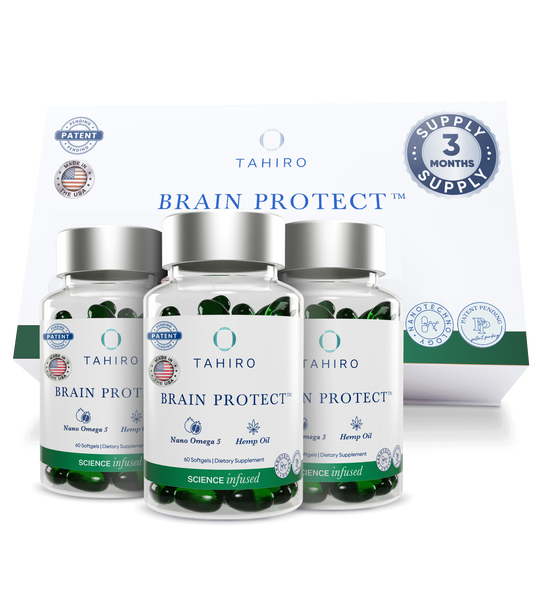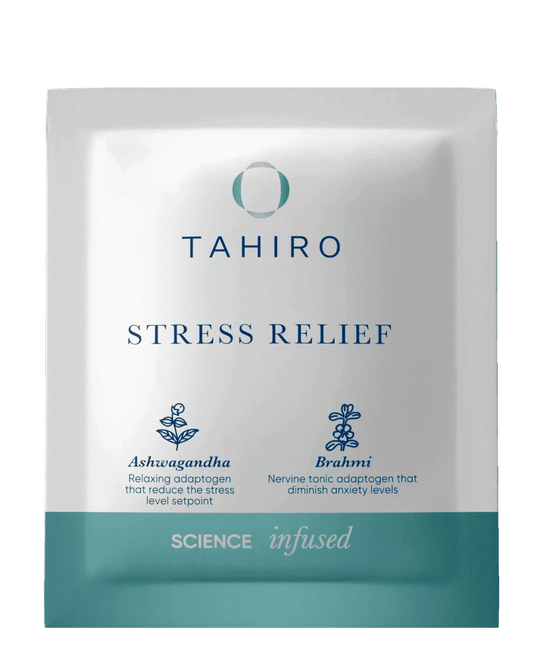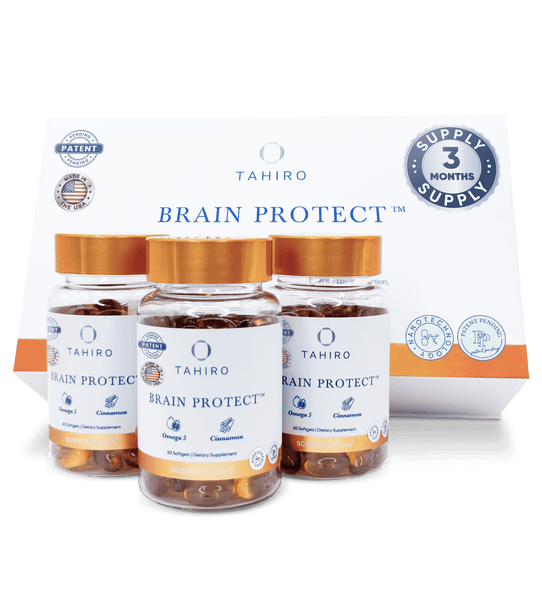Medicinal plants have long been used for their therapeutic properties and have become an area of intense research interest in recent years due to their potential to protect the brain against damage and degeneration. Studies have shown that certain medicinal plants possess compounds that can help prevent or slow the progression of neurological diseases. Among these plants, pomegranate, hemp oil/CBD, and cinnamon have garnered significant attention for their neuroprotective properties. In this article, we will delve into the current research on the neuroprotective activity of medicinal plants, with a particular focus on these three plants. We will also explore their potential use in treating Parkinson's and dementia, two of the most prevalent neurological diseases, and discuss their underlying mechanisms of action.
What is Omega-3? Understanding Medicinal Plants & Their Neuroprotective Mechanisms
Medicinal plants have been extensively researched for their potential neuroprotective properties. Various compounds found in these plants such as polyphenols, flavonoids, terpenoids, and alkaloids have been shown to have protective effects on the brain. These compounds can act as antioxidants, reducing oxidative stress and inflammation, and can also modulate various signalling pathways involved in neurodegeneration. Current research is focused on identifying new medicinal plants and exploring their mechanisms of action for potential use in developing new treatments for neurological disorders [1].
Current Researches of Medicinal Plants for Neuroprotection
Current research in the field of medicinal plants for neuroprotection has identified several promising candidates, including pomegranate, hemp oil/CBD, and cinnamon [2]. Studies have shown that pomegranate extract can improve cognitive function and reduce neuroinflammation in animal models of Alzheimer's disease (AD) and Parkinson's disease (PD).
Hemp oil/CBD has also demonstrated neuroprotective effects by reducing inflammation and oxidative stress in models of traumatic brain injury, epilepsy, and neurodegenerative diseases. Cinnamon, a commonly used spice, has been shown to improve memory and reduce amyloid-beta accumulation in AD models. These findings suggest that these medicinal plants may have potential as natural interventions for the prevention and treatment of neurological disorders.
Which Plants Have Neuroprotective Effects on the Brain?
-
Pomegranate: contains punicalagin, a compound that has been found to improve memory impairment in animal studies by reducing inflammation and oxidative stress in the brain.
-
Hemp oil/CBD: derived from the cannabis plant, has been found to have neuroprotective effects by reducing inflammation and oxidative stress in the brain.
-
Cinnamon: has been found to enhance memory and protect against cognitive decline in animal studies by reducing amyloid plaque buildup in the brain.
-
Ginkgo Biloba: contains flavonoids and terpenoids that have been found to improve memory and cognitive function in older adults and may have neuroprotective effects against Alzheimer's disease.
-
Bacopa monnieri: an herb commonly used in traditional Ayurvedic medicine, has been found to improve cognitive function and may have neuroprotective effects by reducing inflammation and oxidative stress in the brain.
-
Turmeric: contains curcumin, a compound that has been found to have anti-inflammatory and antioxidant effects, and may have neuroprotective effects against Alzheimer's disease.
-
Sage: contains compounds that have been found to improve cognitive function and may have neuroprotective effects by reducing inflammation in the brain.
-
Ashwagandha: an herb commonly used in traditional Ayurvedic medicine, has been found to improve cognitive function and may have neuroprotective effects by reducing stress and inflammation in the brain.
-
Gotu kola: an herb commonly used in traditional Chinese and Ayurvedic medicine, has been found to improve cognitive function and may have neuroprotective effects by reducing inflammation and oxidative stress in the brain.
-
Lion's mane mushroom: contains compounds that may stimulate nerve growth and may have neuroprotective effects against neurodegenerative diseases.
These plants have been studied for their potential to protect the brain against damage and degeneration by reducing inflammation, oxidative stress, and promoting cognitive function [3].
Explore These Medicinal Plants treatments for Parkinson’s
-
Mucuna pruriens: This plant contains levodopa, a precursor of dopamine, which is often used in conventional Parkinson's treatments [4].
-
Ginkgo biloba: Known for its cognitive benefits, Ginkgo biloba has also been shown to have neuroprotective effects against Parkinson's disease [5].
-
Pomegranate: Punicalagin, a compound found in pomegranate, has been shown to protect dopamine-producing cells in the brain, potentially slowing the progression of Parkinson's disease [6].
-
Cinnamon: Studies have found that cinnamon can protect neurons from damage and degeneration, potentially reducing the risk of Parkinson's disease [7].
-
Hemp oil/CBD: This plant-derived compound has been found to reduce inflammation and oxidative stress in the brain, potentially providing neuroprotection against Parkinson's disease [8].
Explore These Medicinal plants treatments for Dementia
-
Bacopa monnieri: This plant has been traditionally used in Ayurvedic medicine to enhance cognitive function and has been found to improve memory and cognitive function in both animal and human studies [9].
-
Ginkgo biloba: As mentioned before, this plant has been shown to have cognitive benefits and may improve symptoms of dementia [10].
-
Huperzia serrata: This plant contains huperzine A, a compound that inhibits the breakdown of acetylcholine, an important neurotransmitter for memory and learning. Studies have shown that huperzine A may improve cognitive function in individuals with dementia [11].
-
Pomegranate: Studies have found that pomegranate can improve cognitive function and may even help to prevent or slow the progression of Alzheimer's disease [12].
-
Hemp oil/CBD: In addition to its neuroprotective effects against Parkinson's disease, hemp oil/CBD has also shown promise in improving symptoms of dementia, including reducing agitation and improving sleep [13].






